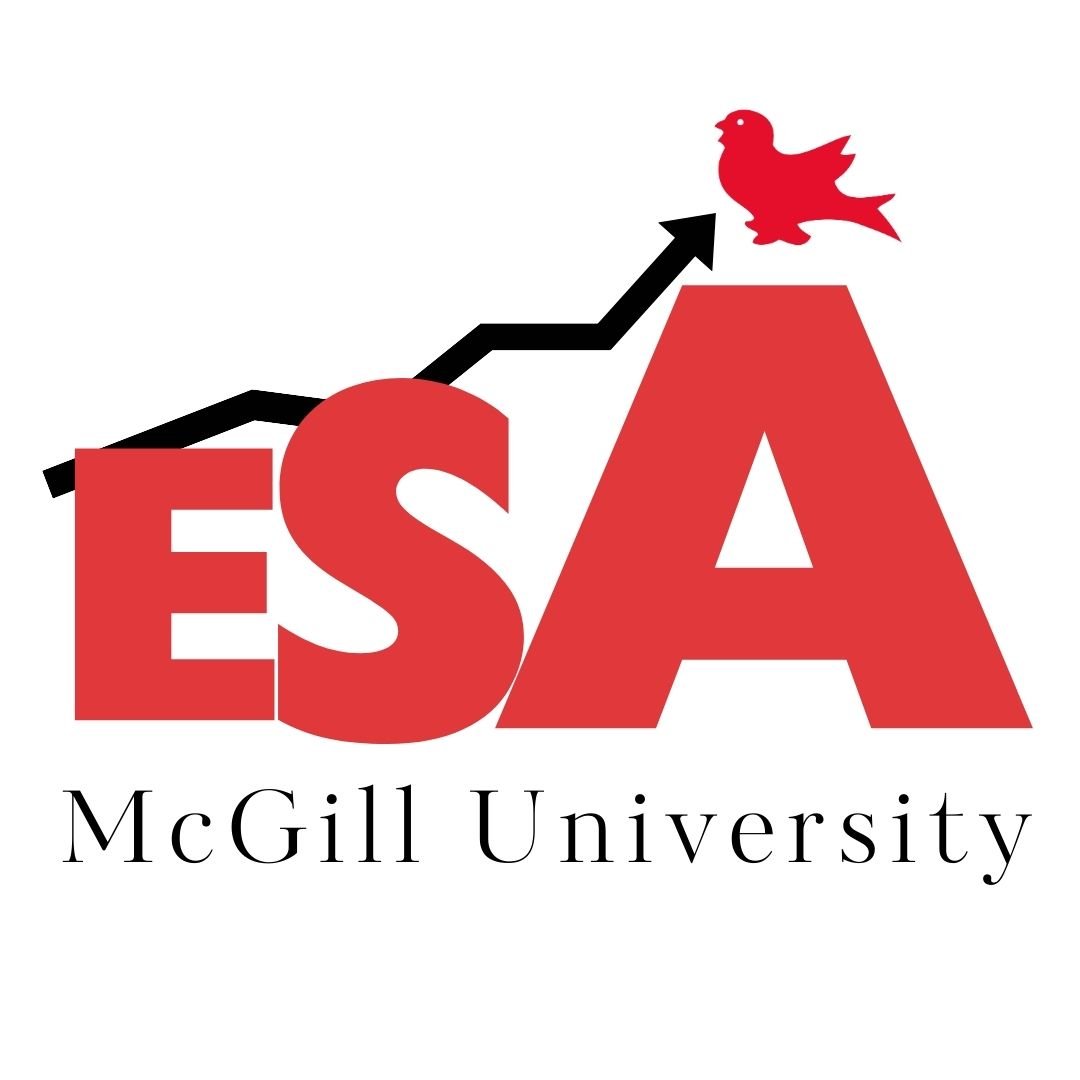Philosophy and Economics: A Reintroduction
What is the purpose of an economy? This question is deceptively simple. For many, the instinctive response is to grow — after all, “Growing the Economy” is a political catchphrase. Likewise, most of us can easily imagine how our lives would be made easier if our incomes were larger. But at the same time, many of us intuitively recognize that growing our incomes (beyond a certain point) is not increasing personal or societal prosperity. The message that meaningful living and the secrets of happiness are disconnected from material wealth is very prominent, and the importance of community and relationships have even been studied and verified by psychologists and neuroscientists alike. When we take this message in tandem with the distress signals coming from our ecosystems and consider the widespread disenfranchisement, inequality, and political exclusion gripping developed countries today, it seems to beg the question: what exactly is the economic outcome we’re striving for? The bedrock of modern economic thought (efficiency, optimization, rationality, individualism) and the intentional design of ‘the economy’ to fulfill these objectives is clearly unsustainable, socially, politically, and ecologically speaking. So then, what does this mean for an economist?
I believe that it means the definition of prosperity needs to be reconsidered within the economic discipline. Unlike the other social sciences, economics tries to be objective. Reasonably so, as when a politician wants to know how much they should tax, how much infrastructure they should fund, or how many jobs a foreign firm will create, having specific answers is incredibly useful. But being specific only makes sense if one recognizes that specificity is not going to address the bigger picture. What I mean is, even if 100 jobs are created by introducing Walmart to a small town, what else does this mean for the experiences of people who live there? What happens to owners of ‘uncompetitive’ businesses? What happens to the identity and inner dynamics of the community? How will political preferences be affected? If groceries are cheaper at Walmart, how will this change the locals’ diets? The questions go on, and yes, sometimes asking these questions can seem excessive. Anyone can find a problem with anything if they try hard enough, and yes, sometimes people just badly need jobs. My point though is that when this happens at the aggregate scale when economics repeatedly favours big business — sidelining factors “outside” the economic realm like community, politics and the environment — we get something like what we see today in the United States. Is the average American really living ‘the good life’?
My question here is not original. Across the globe, protests for affordable living, for the environment, for access to nutrition and health and protests against racial injustice and inequalities of all types are occurring. At their core, these protests have the same message: the way things work isn’t working for us. And the way the economy works throughout most of the world is that it grows. What I argue though is that these problems are not a consequence of politicians favouring the economy over people. Rather, it’s that what most people define ‘the economy’ as is wrong, and thus the decisions that make ‘economic sense’ are creating an unbearable system because the framework of those decisions is too narrow.
Economics, the economy — these terms need to stop only being associated with resource allocation and material well-being. This is not to say that these things are irrelevant; just that they are a limited conception of what the discipline encompasses. I repeat myself here because it bears repeating: the economy is embedded within other systems — political, social, environmental, and otherwise — and trying to isolate macroeconomic study from them for the sake of objectivity is not just problematic, it’s unsustainable. As the reign of neoclassical economics closes, it is ever more important that economists are forced to reconsider what the work they’re doing is even about and what it is trying to move towards. This means asking what happens after wealth has been generated, after material standards have been fulfilled. It means reconsidering what makes a society prosperous because the world we see today is far from thriving. These philosophical discussions need to be reintroduced and encouraged in economic programs and between practicing economists. Objectivity can be useful, but the inherent subjectivity of economic decisions doesn’t just deserve more attention; it needs it.
Edited by Nadira Anzum
Featured Image "Bookcase" by AmandaBreann is licensed under CC BY-ND 2.0.

